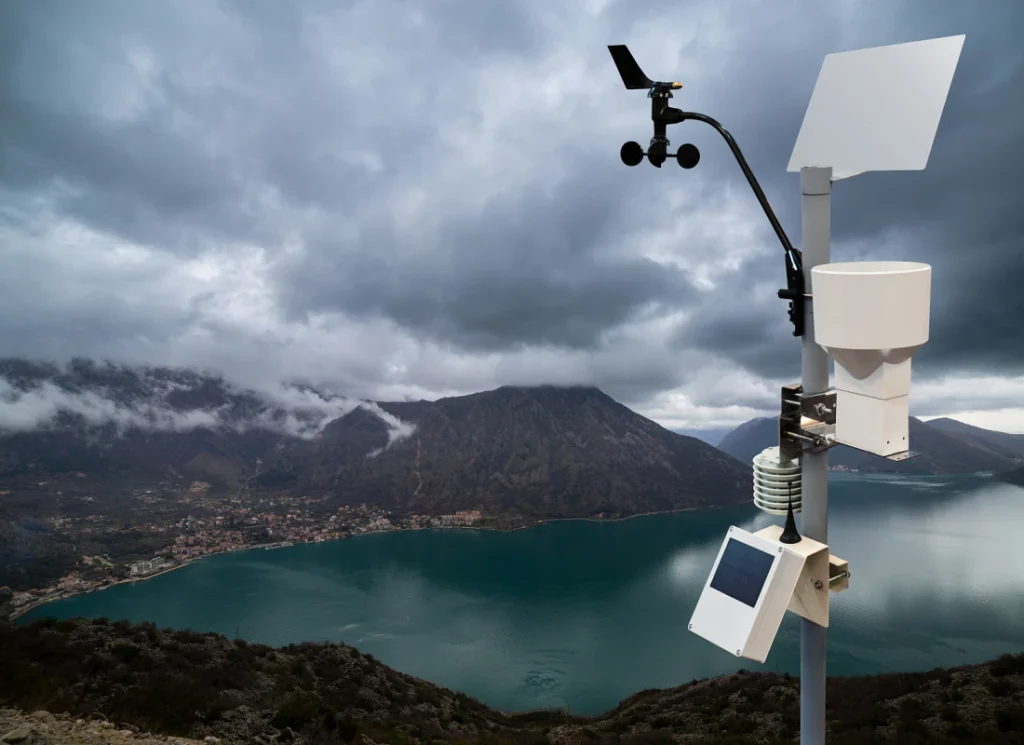
html
Rainwater Sensor: Efficient Water Management Solution
Water scarcity is a growing concern worldwide, making efficient water management essential. One innovative solution to optimize water usage is the rainwater sensor. This technology helps conserve water by detecting rainfall and adjusting irrigation systems accordingly, reducing waste and promoting sustainability.
How Does a Rainwater Sensor Work?
A rainwater sensor is a device designed to detect precipitation and measure its intensity. It typically consists of a moisture-sensitive surface or a tipping bucket mechanism that responds to rainfall. When rain is detected, the sensor sends a signal to connected systems, such as sprinklers or irrigation controllers, to pause or adjust watering schedules.
Benefits of Using a Rainwater Sensor
Integrating a rainwater sensor into water management systems offers several advantages:
- Water Conservation: Prevents unnecessary irrigation during or after rainfall, saving thousands of gallons of water annually.
- Cost Savings: Reduces water bills by eliminating wasteful watering practices.
- Environmental Protection: Minimizes runoff, which can carry pollutants into waterways.
- Smart Automation: Works seamlessly with smart irrigation systems for hassle-free water management.
Applications of Rainwater Sensors
Rainwater sensors are versatile and can be used in various settings, including:
- Residential Lawns and Gardens: Homeowners can optimize outdoor watering schedules based on real-time rainfall data.
- Agricultural Fields: Farmers can enhance crop irrigation efficiency, ensuring water is used only when needed.
- Public Parks and Golf Courses: Municipalities and businesses can maintain green spaces sustainably.
Choosing the Right Rainwater Sensor
When selecting a rainwater sensor, consider the following factors:
- Accuracy: Look for sensors with reliable detection capabilities.
- Compatibility: Ensure the sensor integrates with your existing irrigation system.
- Durability: Opt for weather-resistant models designed for long-term outdoor use.
- Ease of Installation: Choose user-friendly sensors that require minimal setup.
Conclusion
Incorporating a rainwater sensor into water management practices is a simple yet effective way to conserve water, reduce costs, and protect the environment. As climate change intensifies water scarcity, adopting smart technologies like rainwater sensors will play a crucial role in sustainable resource management.
Keyword: rainwater sensor